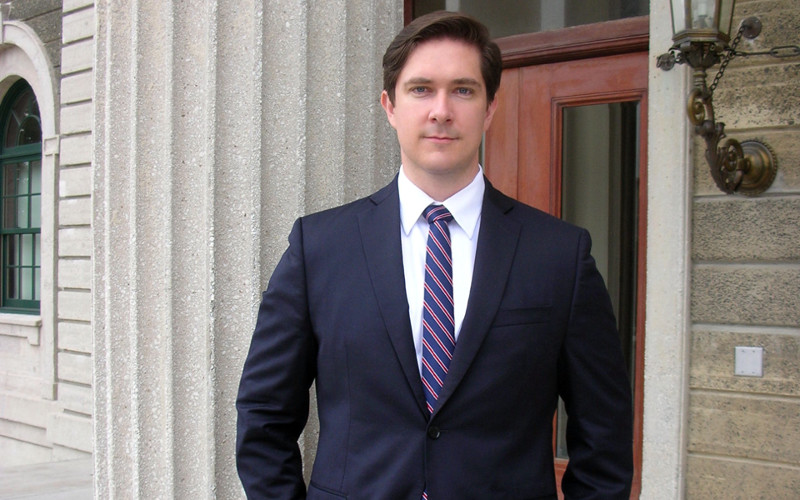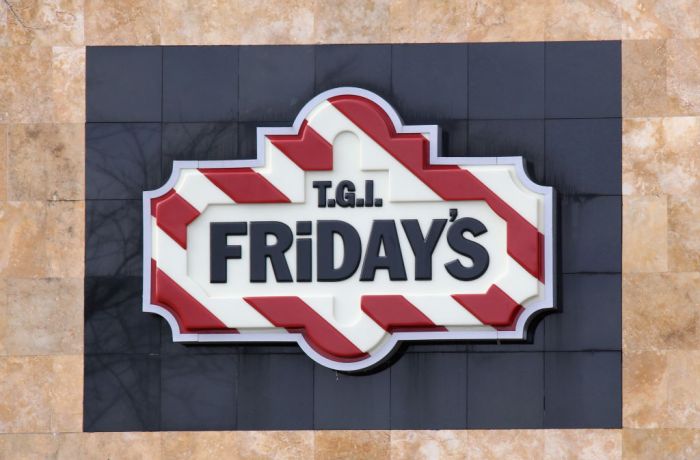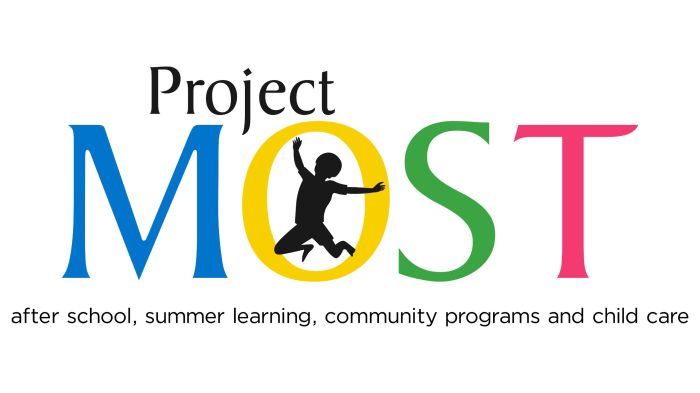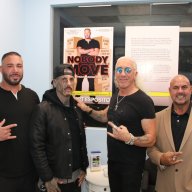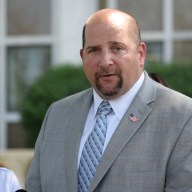When Rep. Steve Israel decided eight terms in Congress were enough, he set in motion a scramble that could make the race to replace him in the 3rd Congressional District—which stretches from northern Queens through Nassau and into Suffolk—one of the most expensive in the nation. Five Democrats are in close pursuit of voters ahead of the June 28 primary.
Running as an outsider vowing to get rid of money’s influence in politics may have cost 38-year-old Jericho attorney Jonathan Clarke the chance to be on an equal footing with the four other Democrats he faces—at least in terms of media exposure and mass mailings—but he says this year, it works in his favor.
New York voters are so angry at the status quo, he insists, that ethics reform is a winning formula. He says that an underdog like him has a chance because the electorate is sick and tired of the corruption that has already led to federal convictions of two of the most powerful men in Albany: the former State Senate Majority Leader Dean Skelos (R-Rockville Centre) and the ex-State Assembly Speaker Sheldon Silver (D-Manhattan).
Read: “An Inside Look At How Skelos Trial Exposed Slimy Side Of NY Politics” HERE
Until the reforms kick in, though, it still takes money to get money out of politics.
Of all the Democrats running for this hotly contested Congressional seat, Clarke certainly has the emptiest campaign war chest. As of this week, he’s raised slightly more than $4,000 from 417 individual contributions, according to his treasurer, and that still falls below the $5,000 threshold, the mandatory requirement to file with the Federal Election Commission. By comparison, his opponents are rolling in it, as shown by their first quarter FEC reports. Suffolk County Legis. Steve Stern (D-Dix Hills) had $445,000 cash on hand. Former Nassau County Executive Tom Suozzi had $375,000. North Hempstead Town Board member Anna Kaplan had $350,000 in cash, while former North Hempstead Supervisor Jon Kaiman had $189,305 and counting.
Since Clarke hasn’t spent thousands of dollars on campaign mailings and TV ads, how many Democratic primary voters have heard of him beyond a few lively debates? Name recognition is one issue he has to overcome. Another is his record of public service. This primary is only his second race—he lost his first election to Nassau Legis. Dennis Dunne, Sr. (R-Seaford) in 2013.
By contrast, look at the long resumes of his rivals: Tom Suozzi, the youngest mayor of Glen Cove, was the first Democrat elected in 30 years to be Nassau County executive. Jon Kaiman was North Hempstead supervisor and chairman of the Nassau Interim Finance Authority. Legis. Steve Stern (D-Dix Hills) has served in the Suffolk County Legislature since 2005. When she was 13, Anna Kaplan fled Iran as part of an international effort to rescue Jewish children facing persecution, and didn’t see her parents for more than a year until they were reunited in the United States. She has served on the North Hempstead Town Board since 2011.
To Clarke, they’re all establishment candidates—“moderate centrists,” he puts it charitably, or “political has-beens and political never-will-bees,” when he’s being less kind—while he’s the only true progressive in the race.
Clarke was an early and vocal supporter of Vermont Sen. Bernie Sanders in the Democratic presidential contest. In April, working with Election Justice USA, a voting rights organization, he filed a lawsuit in Manhattan federal court on behalf of voters from New York City and the Island whose paper affidavit ballots were tossed out in the April 19 primary here that former Secretary of State Hillary Clinton won handily.
He agrees with Sanders’ criticism of the “one percent” who rule corporate America.
“In today’s society, if you’re legislating from a place of privilege, and you’ve gone to school and not had to pay off student loans, or you live in the millionaire class, you don’t understand what people are actually going through,” said Clarke in the Farmingdale office of his law firm, Clarke and Fellows, earlier this spring. Now in general practice, he handles personal injury law suits and does a wide range of pro bono work.
“When someone hires you as an attorney, they put their life in your hands,” said Clarke. “You have to keep them out of jail because they’ve been wrongly accused, or they’re being evicted from their home due to a foreclosure. You actually have to save them.”
The notion that he’s untested makes him scoff.
“I don’t think political experience is the important thing,” said Clarke. “I think life experience is the actual thing we should focus on. You can’t really make laws unless you’ve experienced a certain amount of hardship.”
Clarke grew up in Freeport. “We were very poor,” he said. His mother left home when he was 4 and his dad “raised me alone.” His parents were never married. His father, who Clarke thinks suffered from PTSD, had served in the Navy during WWII—enlisting when he was a teenager—and wound up on a ship hit by a Japanese kamikaze attack. At one point, Clarke dropped out of high school to support his disabled father, eventually getting his GED from night school. He later went to Nassau Community College and Hunter College in Manhattan. Then he took time off to repay his student loans before getting a law degree from Touro Law School.
“I always wanted to be in politics,” he said. “If you can change the law, you can actually affect more people’s lives than by being an attorney and doing it one by one by one. But I thought there was a political class and you couldn’t join it.”
Clarke says he got rebuffed the first time he approached the Nassau Democratic Party to volunteer, but he got a better reception after he had his law degree and was living in Levittown. He subsequently got tapped to be what he calls “the sacrificial lamb” running as a Democratic candidate in a heavily Republican area in Nassau against popular incumbent Legis. Dennis Dunne.
Once he had his party’s nod, Clarke had been handed a stack of palm cards and campaign brochures supposed to show all the Nassau Democratic Party candidates in a coordinated effort. But to Clarke’s surprise, he discovered that he had actually been left out because he hadn’t kicked in $25,000 as each of the others had. For that race, he spent about $400 initially and then forked over a few hundred dollars more.
What happened three years ago apparently made a lasting impression on Clarke. At the top of the ticket, Suozzi was trying to make a come-back bid against Nassau County Executive Ed Mangano and “brought all the Democrats down with him,” Clarke observed.
Clarke got 37 percent of the vote, which he deems “was actually very, very good.” He claims a Nassau party operative told him later that he had outpolled Suozzi in the 15th Legislative District.
“I knocked on just about every door in Levittown,” said Clarke. “At some point, I realized that you can’t win a Republican district just by going to the Democrats, so I had to try to convince the Republicans.”
Along the way, he learned a lot about retail politics. When he would tell people that he was a Democrat on a ticket supporting Suozzi, he’d get the door slammed in his face. So he revised his pitch. In his current grassroots campaign, he’s doing the same.
“Obviously, I’m a progressive and I’m a Democrat,” he said. “But when you lead with that, you turn people off. You tell somebody Sanders’ agenda in the abstract, and they’ll say, ‘Yeah, I’m for that! I’m for justice! I’m for getting money out of politics!’ But if you call it progressive, then they’re not for it.”
The Democratic Party chairmen in Queens, Nassau and Suffolk may disagree with Clarke’s analysis, but he thinks the key to winning the 3rd Congressional District is not the fabled Gold Coast but the working class areas of Plainview and Bethpage, where he claims he’s stronger than the established opponents who’ve had the money to reach voters through their mailboxes and on their TVs. Clarke is also banking on low turnout for the June primary, triggered in part by the confusion caused when Albany set up a separate primary date for state and local races in September. Under New York State rules, the primary is winner-take-all.
Clarke drew inspiration from watching Sanders’ improbable campaign make a national impact.
“This is the time for someone who’s a complete outsider who’s not in any way tainted by this pay-to-play system,” he said, “and for someone who authentically wants to do this for the right reasons.”
Long before he went to law school, Clarke was a philosophy major at Hunter, and he thought about a future in academia. But not after he saw the cut-throat competition among the professors and adjuncts in his department. A political contest is a love fest by comparison, he says with a smile. Nonetheless, the subject of his college thesis still resonates with him today. He restated its theme: “Whether it’s right to do something because it’s right, or right to do something because of the effect it has.”
He contends that his lack of foreign policy expertise doesn’t make him any weaker than his primary rivals and pointed out that he had served on his international law review at Touro. But those issues will confront him squarely in Congress. He said he was disappointed that Congressman Israel had signed a letter criticizing the Iran nuclear deal that the Obama administration had negotiated. He further noted that Kaplan was “pandering” to get votes in her Great Neck community when she sided with Israel’s hardline Prime Minister Bibi Netanyahu.
“Why take a bellicose stand against Iran?” said Clarke. “They have young people coming up.” He hailed President Obama’s achievement as a major foreign policy victory for peace in the region.
Asked why he wouldn’t have taken the more conventional approach to a career in politics and run for the state Assembly, for example, he was adamant that Congress was where it’s at.
“Albany is an even bigger cesspool than Mineola!” Clarke exclaimed. “I don’t think anything positive is going to come out of there.”
And that’s another reason Clarke is confident that he’s the best Democratic candidate to challenge state Sen. Jack Martins (R-Mineola), who’s gotten the official backing of Queens, Suffolk and Nassau Republicans and Conservative Party leaders, to be their choice for the 3rd CD. Clarke says Martins is vulnerable on the same “pay-to-play” issues that brought down Skelos, his former Albany mentor. “Martins wouldn’t give up on Skelos until the bitter end,” Clarke said.
But Clarke believes change can only come from Washington.
“I think campaign finance reform is the issue,” he said. “That is the pinnacle of what I’m running on.”
Perhaps not surprisingly, he actually believes he can clinch the nomination.
“When people see what little money it took me to win the primary,” said Clarke confidently, “then I think people will start saying, ‘Well, maybe it doesn’t cost $1.5 million. Maybe we should actually put somebody up there who cares.”



